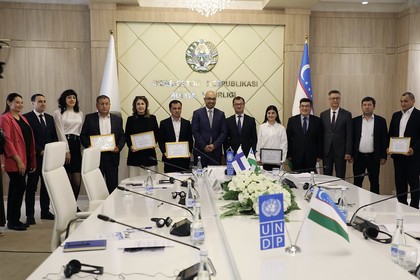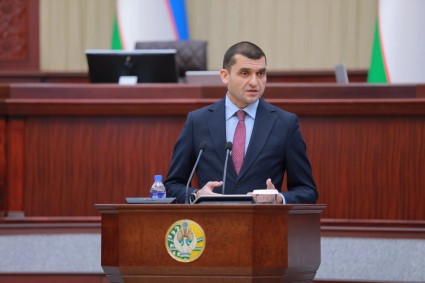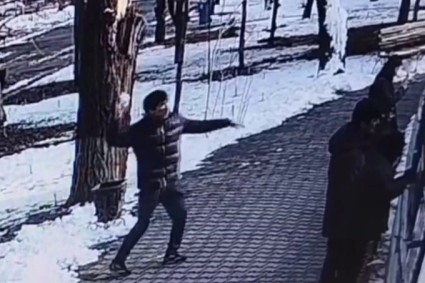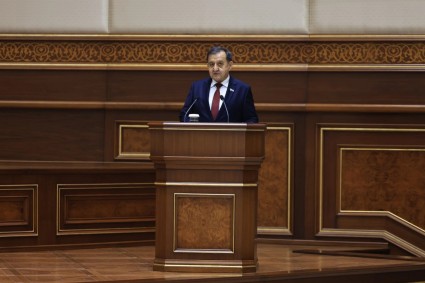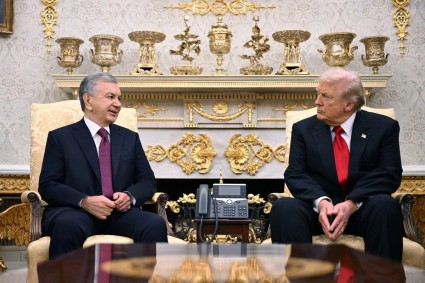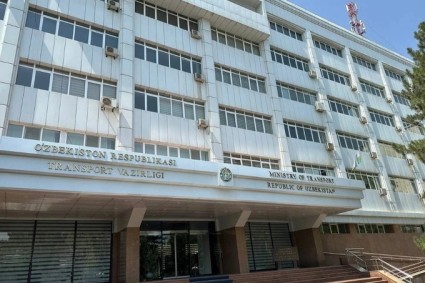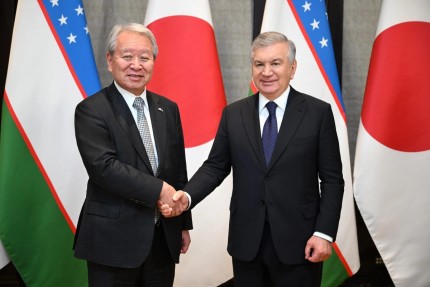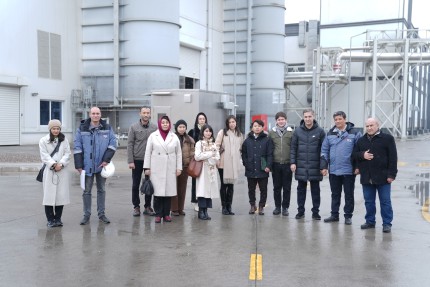Today, we are co-hosting a roundtable with the Ministry of Justice on the current situation of Free Legal Aid in Uzbekistan, underlining the importance of evaluating recent developments in the country and their impact on the broader legal and societal landscape.
As part of its commitment to promoting justice and human rights, the United Nations Development Programme (UNDP), in collaboration with the Ministry of Justice is emphasizing the importance of improving the Free Legal Aid system in Uzbekistan. This initiative is funded by the Government of Finland within the framework of the joint project ‘Strengthening Rule of Law and Human Rights Protection in Uzbekistan’.
The roundtable saw participation from distinguished individuals including Mr. Muzraf Ikramov, Deputy Minister of Justice of the Republic of Uzbekistan; Mr. Ilkka Raisanen, Ambassador of Finland to Central Asia; Ms. Tuija Brax, Director of the Rule of Law Centre at the University of Helsinki; Mr. A. Ernazarov, Chairperson of the Chamber of Advocates of the Republic of Uzbekistan; and Mr. T. Tursunov, Executive director of the NGO “Madad”. Representatives of selected NGOs and other personalities also attended.
Highlighting the importance of free legal aid, Mr. Anas Qarman, UNDP Deputy Resident Representative in Uzbekistan mentioned, “Free legal aid plays a pivotal role in promoting justice by ensuring equal access to the legal system for all, regardless of financial status, and by reinforcing the rule of law through fair representation, even for the marginalized groups. A robust free legal aid system can enhance court efficiency by reducing self-representation and increasing representation by legal professionals.”
Given that, Uzbekistan has endorsed the primary United Nations human rights agreements and conventions; there is a mandate for countries to establish robust mechanisms of free legal aid. Honoring its commitments under these UN human rights agreements, Uzbekistan has actively been working on the creation and sustenance of a free legal aid system.
The roundtable discussed the recent developments surrounding the provision of state-funded legal aid.
A significant stride in this direction is the Law “On Provision of Legal Aid at the Expense of the State” which was signed by the President of Uzbekistan on June 16, 2023, and which took effect on September 18, 2023. This law ensures that various categories of people, including low-income people involved in civil and administrative cases and people with mental disabilities receiving psychiatric care, have the right to legal aid funded by the state. The state’s commitment to fund this legal aid ensures that even those without the financial means can have their rights protected and their voices heard in legal matters.
NGO “Madad” was spotlighted for its commendable efforts in providing primary free legal aid to the public. Their grassroots approach ensures that initial legal consultations and guidance are accessible to everyone, bridging the gap between the public and the legal system. Their work exemplifies how NGOs can collaborate with the government in ensuring universal access to justice.
Finland’s free legal aid system is an exemplary model for many countries, and its overview was discussed in order to draw possible parallels and lessons for Uzbekistan. Finland’s model is prominent for its public legal aid offices and broad eligibility; it employs a mixed legal aid approach, blending public offices with judicare lawyers. The system's efficiency, transparency, and inclusivity have made it a model worth emulating.
Finally, it is important to emphasize that this project does not only focus on advocacy, but also provides tangible support. It offers technical assistance to selected free legal aid providers by providing them with small grants. The aim of this support is to empower these providers, enabling them to expand their services and introduce innovative approaches to the provision of legal aid.
To underline its commitment to improving access to justice in the country, the round table of the joint project ‘Strengthening Rule of Law and Human Rights Protection in Uzbekistan’ concluded with a ceremony to hand over ICT equipment to the selected NGOs.
Among these is the NGO “Madad," more precisely, its legal counselling bureaus in Bekabad city (Tashkent region), Shavat district (Khorezm region), and Khodjaabad district (Andijan region). As these offices have been established only recently, they are receiving additional equipment and support to ensure their capacities continue to grow.
Additionally, the “Oydin nur” Centre for Social Protection in Bukhara province received recognition for its efforts in nurturing family harmony and providing social education. Similarly, Namangan regional branch of “Barqaror hayot” International Socio-Educational Centre was commended for its comprehensive programmes that bolster legal literacy, crucial for both societal and individual growth.
This equipment will strengthen the capacity of these organizations to provide free legal aid to the community.

